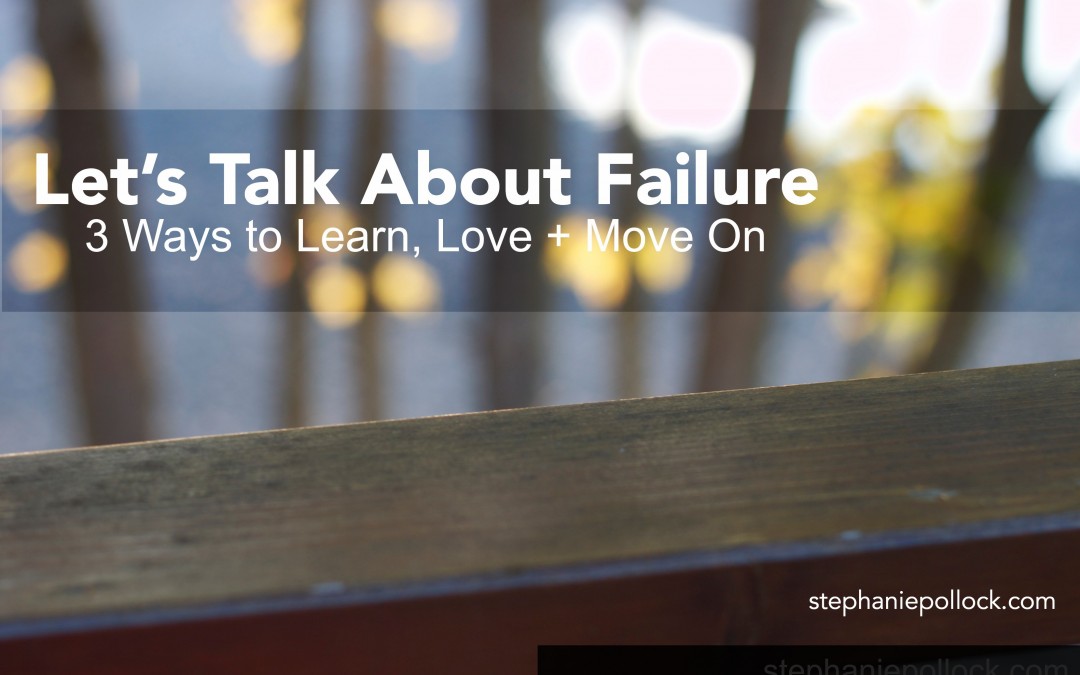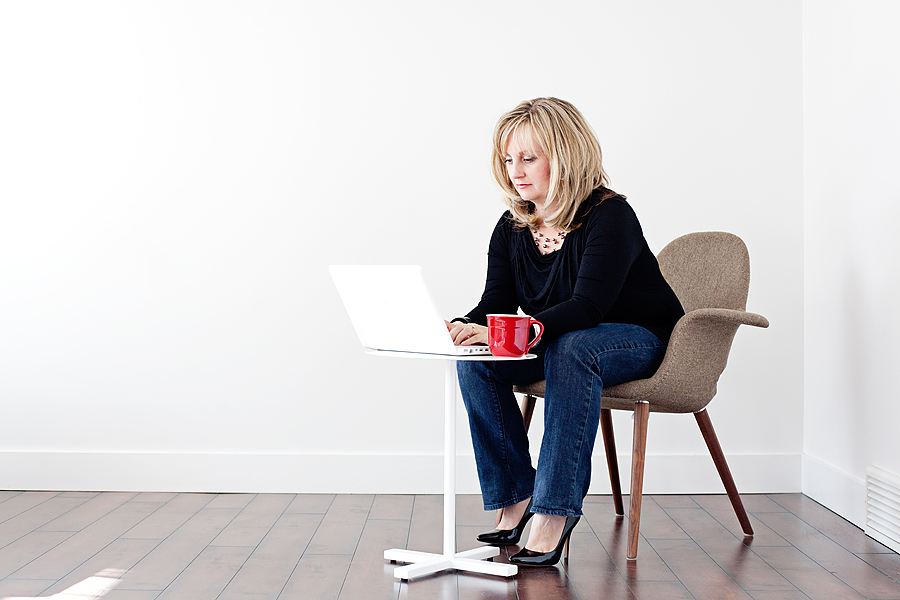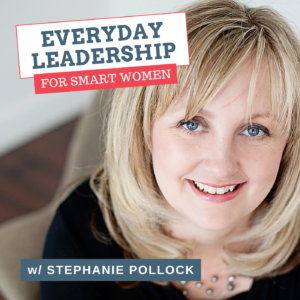“There are secret opportunities hidden in failure.” ~ Sophia Amoruso
I failed my coaching exam the first time it took it. An exam with a pass rate of 95%. I bombed it, spectacularly, in a white hot, fiery mess of snot and tears. The worst part? I knew it was happening and there was nothing I could do to stop it. Part of me was shouting inside to shut up, stop talking and another part of me was completely oblivious.
In spite of failing, I lived to write this post.
Fear is one of the most commons reasons folks stay in jobs they hate or don’t take their soloprenurship to the next level. Fear of failure, of making the wrong choice, of missing out, of being seen – the list seems endless. It’s easier to stay put than to open up and lean into the rawness of failure. It’s easier to feel the comfort and familiarity of being miserable than to risk the rawness of failure.
I’m not gonna lie – it sucked when I failed the exam. It has a 95% pass rate! I cried for days knowing I was in the 5% bracket, that I was one of those.
So, grab a chair and cup of coffee, we’re going to talk about failure. I really believe the only true failure is one where you don’t learn something. Scott Adams, author of How to Fail at Almost Everything and Still Win says “Failure is a resource that can be managed.” While Sophia Amoruso CEO + Creative Director of Nasty Gal echoes this with “There are secret opportunities hidden in failure.” and it’s all true.
Failure has a bad rap and we’ve been taught, from an early age, to avoid it at all costs. Here’s the thing: failure happens. We find ourselves in a dysfunctional relationship when we’re taught to avoid failure, yet still experience it in our daily life. We don’t know how to reconcile the belief of being less than if we fail with the concept of embracing and learning from failure.
Here are three steps to change your relationship with failure.
1. Stop Personalizing It
Listen to the voice you use to describe the failure experience. How do you describe your part in what happened? You are not a failure, the experience failed. We can all fail at something and it does not make us a failure. Brene Brown speaks of the distinction between shame and guilt in her ground breaking work and book Daring Greatly. There is a distinct difference in how we speak about ourselves when we feel shame – it gets personalized and we become the thing we’re ashamed of (I’m bad) vs speaking about our part in an experience (I did a bad thing.)
It’s perfectly fine to say I made a mistake. It is not ok to say I am my mistake and it’s now the sole reflection of what I’m capable, or not, of accomplishing. I do believe in owning up to our part in a failure. I don’t believe in owning the failure and wearing it as an albatross around your neck. Examine the failure, learn from it, and let it go.
2. Fail Towards Mastery
The only true failure is one where you don’t learn something; one where you don’t contribute to your skill set or glean a valuable piece of information. Notice I’m not saying what you learn will be all rainbows and unicorns. What you learn might be a hard pill to swallow. It might crack you open in ways you never expected.
The seminal work of Dan Pink’s Drive re-frames what truly motivates us. Years of research into personal motivation finally pinpoints how the historical model of work/business motivation is all wrong. As Mr. Pink shows us, what we really want is to have Autonomy, Mastery, and Purpose.
It’s this Mastery that makes our failure worthwhile. Our motivation for being women in leadership and small business owners is deeply rooted in mastery. We have a need to progress and push our abilities to the limit. We can’t do that without mistakes, we can’t reach our full potential without failing a few times. Failing Towards Mastery is a mindset and part of a deeper need in our culture. And the only way this will happen is if you commit to Step 1 and start practicing failure as a way towards mastery.
3. Build Your Ambiguity Muscle
One of my favorite quotes from Uncertainty by Jonathan Fields is “The more you’re able to tolerate ambiguity and lean into the unknown, the more likely you’ll be to dance with it long enough to come up with better solutions, ideas, and creations.”
Within the ambiguity, uncertainty, and the unknown is fear of failing. It’s doubtful you’ll wake up one morning in love with failure, rather you must strengthen your ability to tolerate ambiguity and practice failure. That’s the part most folks struggle with when changing their relationship to failure. The practice part.
Changing the language of how we speak to ourselves plus remembering to identify the learning needed for mastery requires practice. Here is your opportunity to change your voice and adopt a new mindset.
Here’s your mission, should you choose to accept it:
Start small (think toe in puddle, not body in ocean).
What’s one small activity you haven’t tried because you fear failing?
- Calling a potential collaborator?
- Posting a potentially controversial blog post?
- Submit a proposal for a new project?
- Hiring someone to do the tasks you dislike?
Make a commitment to yourself, if it bombs, to speak of the experience without labelling yourself a failure. It may have failed and you are not a failure.
Make a commitment to yourself, regardless of outcome, to learn from the experience. What was the underlying skill you took an incremental step towards? What was the hidden opportunity? How can you fine tune and tweak this same experience to get a better result?
Make a commitment to keep practicing. Every week work towards learning from your mistakes and leaning into the unknown in the spirit of discovering better ideas and new solutions.
The single most valuable piece of information I learned from failing my coaching exam?
I am more than a single, failed experience. I am the sum of all I learn every time I get out there and try.
So are you.
***
About Heidi Johnson:
 I’m all about grounded + optimistic career mentoring + facilitation. I’m Certified through the Coaches Training Institute (CPCC), have a doctorate in Physical Therapy, and clinical practitioner training in mind-body medicine through Benson Henry Institute in Boston, MA.
I’m all about grounded + optimistic career mentoring + facilitation. I’m Certified through the Coaches Training Institute (CPCC), have a doctorate in Physical Therapy, and clinical practitioner training in mind-body medicine through Benson Henry Institute in Boston, MA.
I excel at helping unfulfilled and over whelmed nine-to-fivers translate thoughts into action, define work worth doing, and think outside the box. Through my signature approach at fridayprize we work together to devise a set of mappable actions to create your definition of work worth doing.
I’m doing the work that matters to me, the work crafted to my personal definition of worthwhile, in the Rocky Mountains of Colorado. I’m obsessively curious about curiosity and try to follow it on a daily basis – especially if it leads me up a mountain trail by a river or into a creative craft project (that sometimes fails spectacularly).



